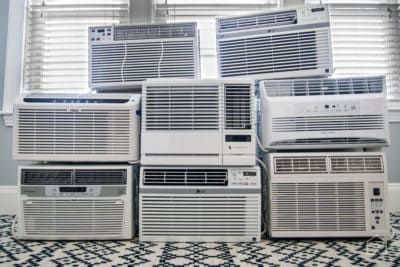
Yes. It’s hot outside. What do you do about it? You turn on the AC.
Problem solved.
But are you really solving the problem or are you worsening it? You might be surprised that between the two choices, it’s the latter that you are actually contributing to in the long-term. How exactly? It may be more complicated than you imagine.
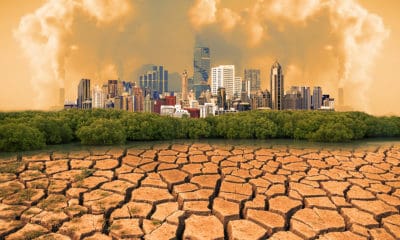
Climate Change or now more commonly referred to as “Global Warming,” a term first coined by oceanographer Wallace Smith Broecker in 1975, is the“observed century-scale rise in the average temperature of the Earth‘s climate system and its related effects.”
Rising sea levels, increasing average rainfall measurements, extreme weather conditions such as the occurrence of more violent hurricanes, prolonged dry seasons and heavy snow fall are only some of the events being attributed to the Global Warming phenomenon.
“So how exactly does turning on the AC in my living room cause a devastating flood in Southeast Asia?”
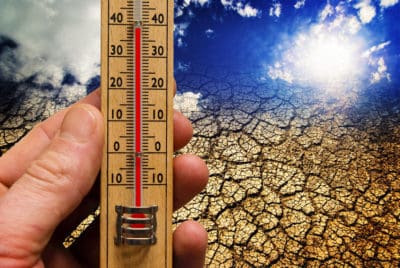
According to an Intergovernmental Panel on Climate Change (IPCC) report in 2013, Global Warming and its effects are “dominantly and extremely-likely, caused by human influence since changes were observed in the mid 20thcentury,” with the emission of greenhouse gases as the most influential contributor.
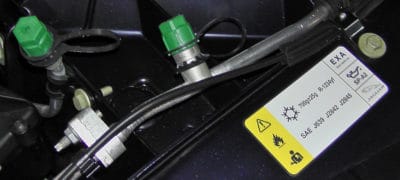
Your airconditioner employs the use of a refrigerant, HFC, to cool down the surrounding air as it passes through its internal workings and HFCs are known to have up to 12,000 times the greenhouse effect of CO2.
Your AC is only one out of 1.6 billion in the world.
“Oh, is that it?”

Not quite. In addition to the emission of HFCs, airconditioners use electricity and the processes used in bringing energy to homes to power these appliances add to climate change as well.
In power plants, fossil fuels such as oil and coal, are burned to produce steam pressure. This is then used to turn turbines to produce energy in the form of electricity. The burning of these fuels release CO2, another greenhouse gas, into the air.
“So what can we do?”
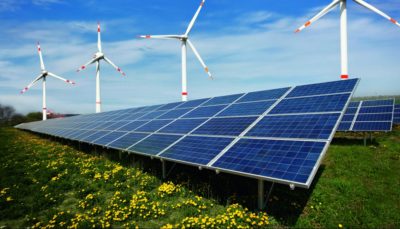
In 2016, efforts to lessen the use of HFCs were adopted by 197 countries to help decrease their impact on the environment. Other measures such as finding cleaner, renewable sources of energy such as wind and solar power are being done to remove the need for fossil fuels.
At home, a few solutions can help.
Keep the sun out.

Tinting windows or hanging drapes to prevent direct sunlight from entering could help reduce heat inside our homes.
Let the breeze come in.
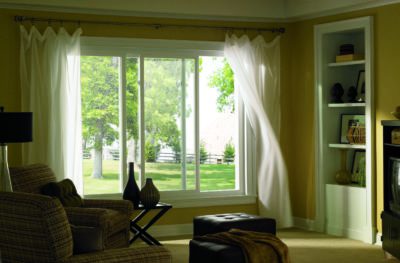
Windows are specifically designed to be opened or closed as we see fit. Open your windows to allow air to circulate and heat inside the house to escape.
Turn off appliances.
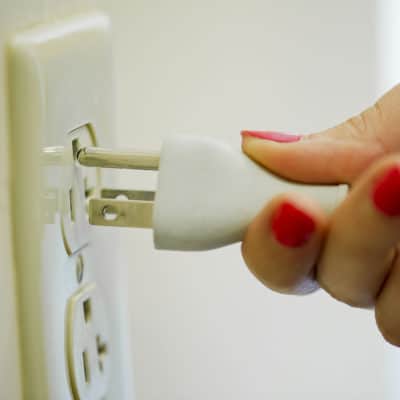
Appliances also contribute to heat inside our homes. These consume energy and emit heat when left on. By turning them off, you not only reduce heat being produced inside your house, you also save on energy that they use up.
Schedule you AC use.

Plan when and for how long you need the airconditioner to be on. Certain times of the day are cooler so it would be wise to keep the AC off during these times.


